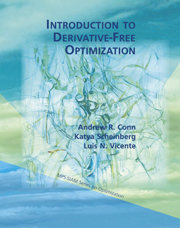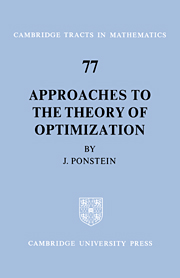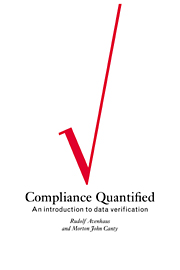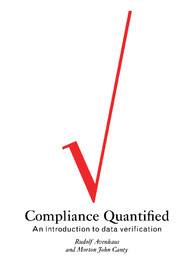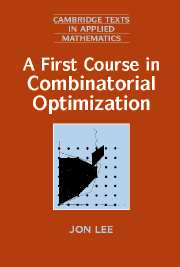Introduction to Derivative-Free Optimization
The absence of derivatives, often combined with the presence of noise or lack of smoothness, is a major challenge for optimization. This book explains how sampling and model techniques are used in derivative-free methods and how these methods are designed to efficiently and rigorously solve optimization problems. Although readily accessible to readers with a modest background in computational mathematics, it is also intended to be of interest to researchers in the field. Introduction to Derivative-Free Optimization is the first contemporary comprehensive treatment of optimization without derivatives. This book covers most of the relevant classes of algorithms from direct search to model-based approaches. It contains a comprehensive description of the sampling and modeling tools needed for derivative-free optimization; these tools allow the reader to better analyze the convergent properties of the algorithms and identify their differences and similarities.
- Intended for anyone interested in using optimization on problems where derivatives are difficult or impossible to obtain
- Includes a comprehensive description of the sampling and modeling tools needed for derivative-free optimization
- Contains analysis of convergence for modified Nelder–Mead and implicit-filtering methods as well as for model-based methods
Product details
May 2009Paperback
9780898716689
295 pages
255 × 178 × 15 mm
0.53kg
This item is not supplied by Cambridge University Press in your region. Please contact Soc for Industrial & Applied Mathematics for availability.
Table of Contents
- Preface
- 1. Introduction
- Part I. Sampling and Modeling:
- 2. Sampling and linear models
- 3. Interpolating nonlinear models
- 4. Regression nonlinear models
- 5. Underdetermined interpolating models
- 6. Ensuring well poisedness and suitable derivative-free models
- Part II. Frameworks and Algorithms:
- 7. Directional direct-search methods
- 8. Simplicial direct-search methods
- 9. Line-search methods based on simplex derivatives
- 10. Trust-region methods based on derivative-free models
- 11. Trust-region interpolation-based methods
- Part III. Review of Other Topics:
- 12. Review of surrogate model management
- 13. Review of constrained and other extensions to derivative-free optimization
- Appendix: software for derivative-free optimization
- Bibliography
- Index.

